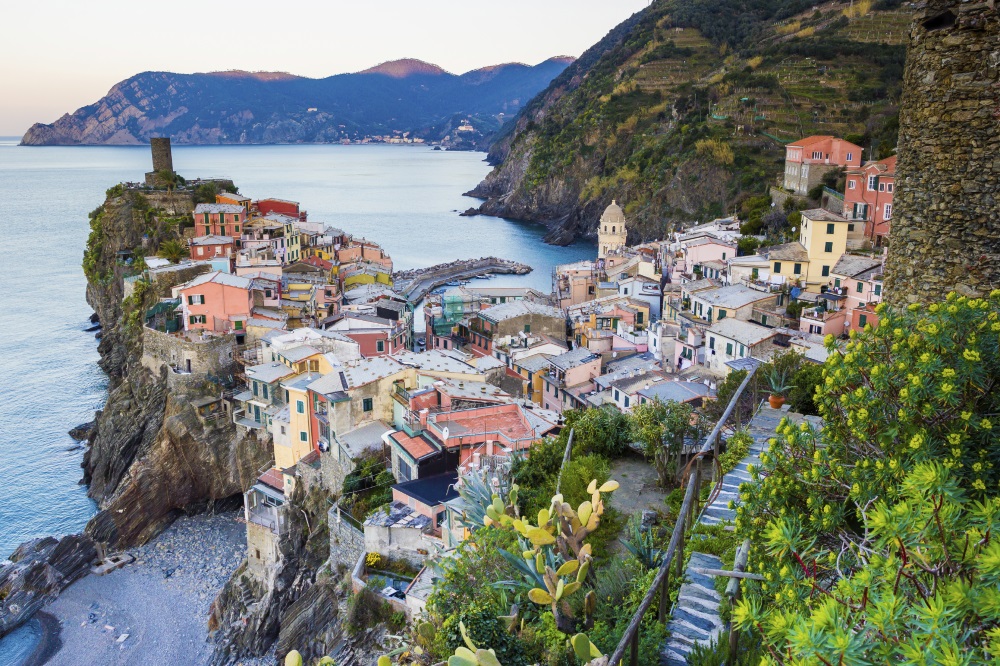
Property experts from across Britain and around the globe reveal their top tips on everything from researching local markets and sticking to your budget to taking a long-term view.
Finding the right property, in the right location and at the perfect price, can be challenge at the best of times. Here is a round-up from leading estate agents, developers and other professionals to help home-hunters find that perfect home in the sun. Everywhere from Spain to Portugal and Italy to Istanbul are covered in our experts’ round-up.
Some believe rental potential is the key to success. Others point to value for money or researching the local market, but they all agree that independent lawyers are vital when buying overseas. Whatever advice you take on board, remember one thing: take your time.


1. Time to bring in the professionals
“Choose your builder/estate agent carefully. Check history upfront. Take the time to view properties in person rather than internet property hunting from home.
Be skeptical, too. If anybody uses the words such as “capital growth” or “rental yields” when viewing a property abroad, be careful. Before deciding whether it’s a good buy, factor in the likely costs of maintaining the property. A detached property with a pool is more expensive to run than an apartment within a development.
Think carefully about the pros and cons of different ways of buying the property and check for the best deal on mortgages and currency.
Seek legal advice. Use an independent lawyer. Do not sign anything until it has been reviewed by your lawyer. Do not make any money transfers until they have been OK’d by your lawyer. If it is off-plan from a builder, payments have to be secured with a bank guarantee or insurance policy by Spanish law!”


2. Ask plenty of questions
“The main thing to remember is to always use professional consultants with a proven track record. This will ensure that your interests are protected and your new home purchase will be a seamless, stress-free experience.”
Consider a company’s after-sales service and look at what they offer to make sure you have complete peace of mind when purchasing. It is after the event that you may need the service the most and having someone on hand that you can easily contact is very important.
When choosing a holiday home, the priorities will be personal preferences, choices and taste, but buying a property for investment purposes is quite different. When you are choosing a property for buy-to-let, there are many things to consider, including growth forecasts and past performances of the area, potential rental income, neighbourhood, property taxes, schools, crime, jobs, amenities, infrastructure, transport and future developments in the pipeline. Navigating this minefield is where a good agent comes in, so don’t be afraid to ask lots of questions”

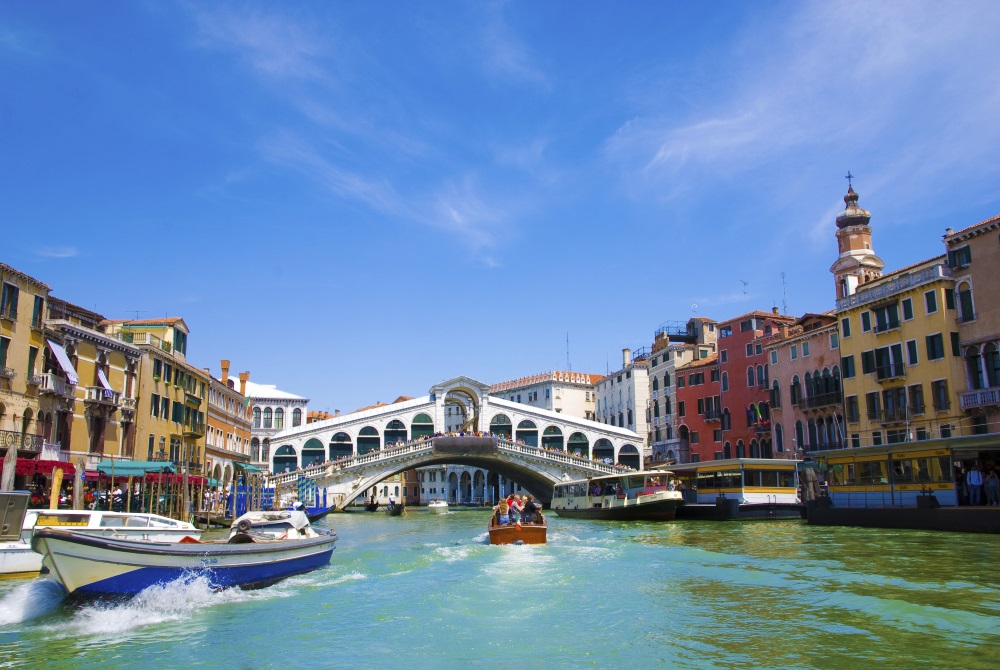
3. Size doesn’t matter
“When buying in Venice, the three key things are location, style and outside space, as these attract foreign buyers and also tourists looking to let a property. Size doesn't matter! It is also much better to buy a restored property, as renovation in Venice is definitely more challenging. A perfect example of a property that fulfils all of these criteria is Palazzo Molin in San Marco, a 15th century palace in a great location that has been restored in a contemporary style. It also has amazing outside space with one of the biggest private courtyards in Venice, as well as and its own water gate, too.”

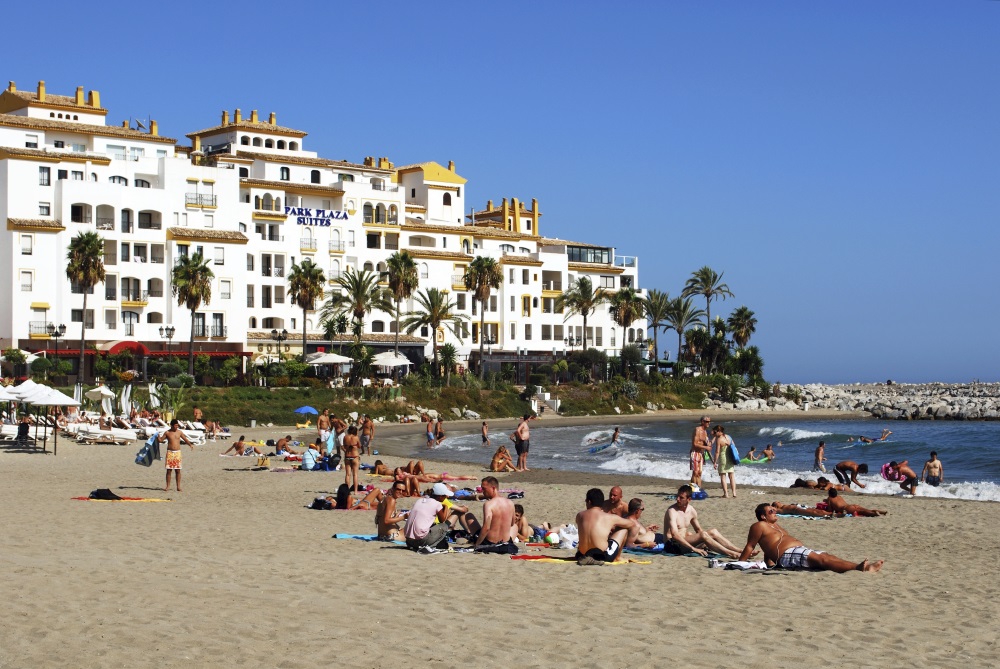
4. Free one-off consultation?
“There are so many things to consider when deciding to move overseas, but my top tip would be to get your paperwork in order. Ensure all the family passports are up to date and that there is medical cover for the first six months.
If children are travelling, make sure to check out the schools in the area and register their names in plenty of time.
If possible, learn a couple of Spanish words and phrases – a “por favor” or “gracias” goes a long way and a “me puedes ayudar, no entiendo español” (Can you help me, I don’t understand Spanish” can be a great help).
With respect to buying a home, viewing the property at different times of the day is important. Speak with the Community Administrator to check out your obligations and possible restrictions. Consult a qualified lawyer before making any final decision, too.
Many lawyers will offer a free one-off consultation to discuss your general situation.
Learning the rules about noise, parking and rubbish disposal, as well as understanding that times runs differently in Spain, will avoid potential issues with neighbours.
Ensure you double-check everything with your lawyer and fiscal advisor before making any decision. The person at the bar or in the shop might know a thing or two from experience, but those experiences have been learnt from not doing things right from the beginning.


5. Maximise your return on investment
“If you want to maximise your Return on Investment (ROI) when investing in an overseas property, then be sure to buy in a famous holiday location, so that you can rent it out easily. In Italy, this should be an apartment in a historical city (Florence, Rome, Venice, Lucca); a villa in Tuscany or by the sea. It’s also a good idea to avoid properties that need too much renovation work. You then only have to choose a good Notary, who will check everything is compliant with the country’s urban laws.”


6. Stay local, go global
“The overseas market has made a strong recovery, so it comes as no surprise that interest from UK buyers has surged again in Spain.
Buyers would benefit from using agents during their overseas search. This will give them a wider range of properties to look for and is likely to make for an easier process when it comes to organising viewings and meetings with brokers or solicitors.
Overseas agents will have a better understanding of foreign tax laws, which some buyers may not initially realise. Specialists can best explain all the implications of these regulations and which rules may or may not apply.
Purchasing overseas should be a really exciting time, but requires a great deal of planning and preparation. Agents can help with the process from start to finish. Not only helping people find the perfect property to suit their requirements, but also helping with solicitors, currency exchange, furnishings and even registering for an NIE number from the local authority and setting up a Spanish bank account.”


7. Speak to the specialists
“Always carry out robust research and thoroughly look into the state of the market in the country in which you are buying and into the developer and agent you are dealing with. It is essential to get specialist advice from reputable, independent lawyers, real estate professionals and financial experts in the country in which you are buying.
If you are planning to convert your money into the local currency, shop around. Be aware that you can often get a better rate at FX specialists rather than banks, but even within the foreign exchange market, there can be a big difference in the amount offered, which can be significant when buying a home. Also familiarise yourself with the current rate and be aware of any major economic or political events that may alter the exchange rate.”


8. Take a long-term view
Start your search early
“If you are looking for a home in the Mediterranean, for example, it is a good idea to start your search early in the year. If possible make your first viewing trip during the winter. Many properties used as second homes will be empty then, therefore access is almost guaranteed. In spring and summer, suitable properties are more likely to be occupied by owners or rented out, making viewing arrangements more difficult. Also, if you like the property in winter, you are bound to love it in the spring or summer when gardens are in full bloom and swimming pools are in action.
Research the area
It sounds obvious, but maps on website listings are not always 100 per cent accurate and could well show you to the nearest village or town rather than the property itself. This is for safety reasons as houses used as second homes are often empty for long periods of the year. However, after you register your details, the agent can give you the coordinates for a satellite view of the property and surrounding area. Study it closely.
Also be aware of idiosyncrasies of certain areas: in many parts of Tuscany, for example, it's difficult to find a country house within walking distance of a village, meaning you will have to drive to the nearest shops, bars and restaurants.
Renovation
Once you have found your dream home, it is easy to get carried away refurbishing or renovating - to ‘overspec’ and overspend. Consider what use you will make of the property. Does it really need complete rewiring in order to install a smart-home system if you are only going to use it for summer holidays? Equally, the investment you make on creating a super-sophisticated rural retreat may be difficult to recover if or when you come to sell the property.
Travel and time difference
A beach home in an exotic location might sound wonderful, but if your job or personal circumstances mean that you have to be contactable at all times, or able to return at short notice, your choice will be restricted somewhat.
For this reason Portugal works well, as its 9-5 is aligned with the UK's. Good access, with a choice of two airports is always desirable, even if one is at a greater distance: Sotogrande and Marbella, for example, are both excellent choices because you can fly in/out of both Malaga and Gibraltar.
Rental potential
You may only want a property for your personal use now, but needs change. Work may take you to another continent for a few years, making the house difficult to access, or the children might fly the nest, meaning more empty rooms. If you decide to rent your house out, is there a suitable room for storing your belongings or can one be created? If you are in the market for a lovely, large country house, think if it can be ‘compartmentalised’ allowing you to rent out only a part of it. Are there outbuildings which could be turned into holiday cottages one day?”

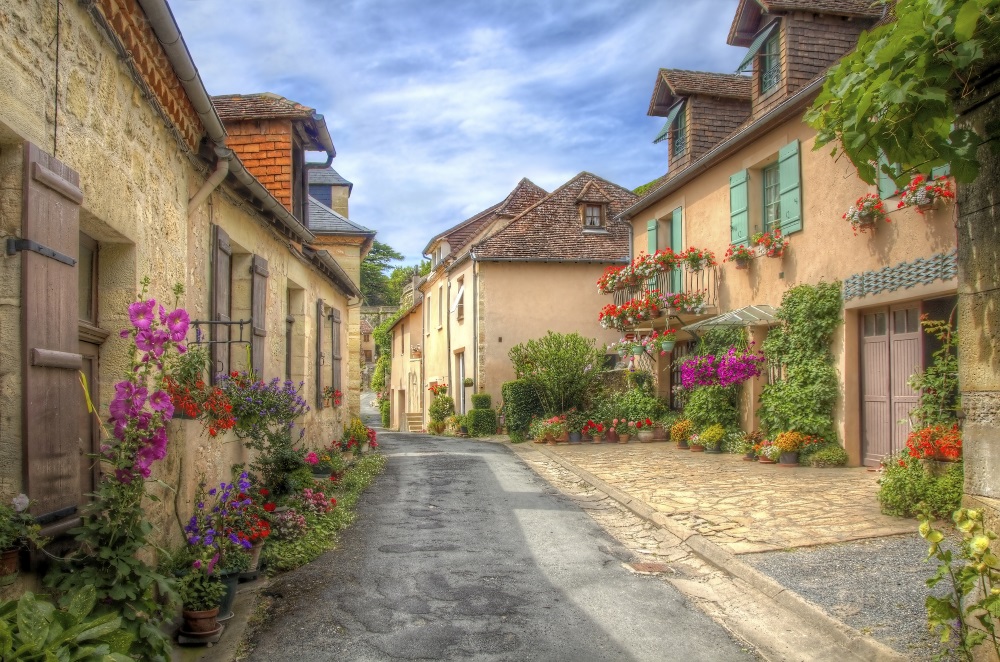
9. Stick to the rules
Make sure you visit and stay in the area several times before you think about committing to a purchase. Identify your preferred location, so that you can focus your search. Get to know the local rules and regulations regarding tax procedures, so that you know what you are in for in terms of local taxation. For example when purchasing, take into account agents’ commission, notary fees, and registration fees as well as future costs.
Find out what the definition of residency is in that country, which can significantly vary from one destination to the next. In terms of your search for that perfect property, register with all agents dealing with property sale in that region, giving them a specific outline of your property requirements. Be ready to move quickly, if it is a good opportunity there will be a number of other interested parties, be ready to jump on a plane and view, have your financing in place and a good international residential conveyancing lawyer to hand.

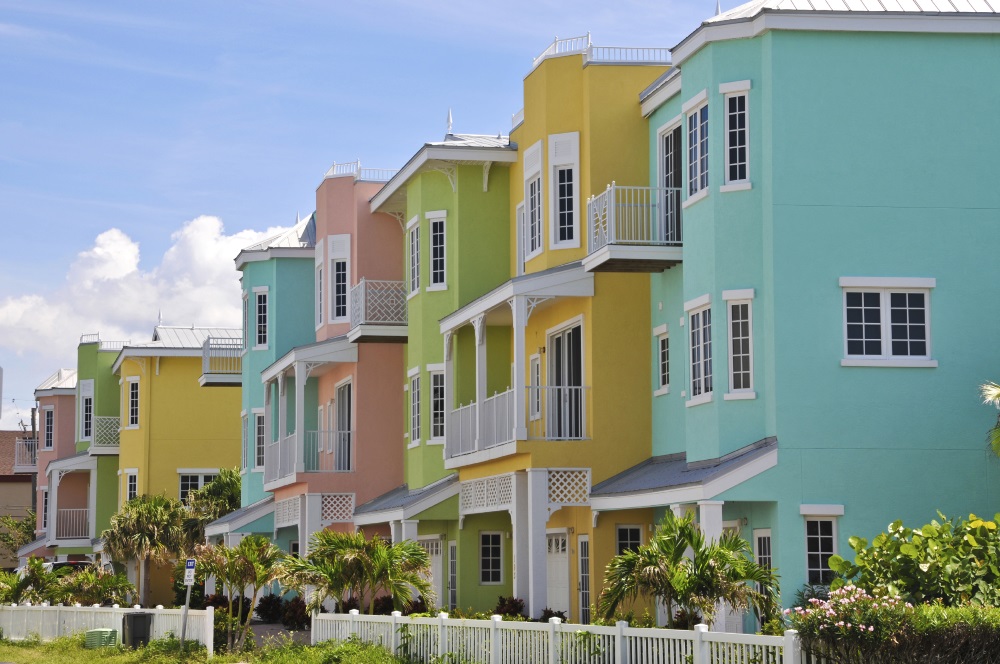
10. Location, location, location
"Remember what the American’s say “location, location, location”. Check the orientation of the property for sun. Always negotiate on the price, use a reputable real estate agency and never part with money without the express approval of your lawyer. If you are buying “off plan” or during construction, then get the necessary contractual and bank guarantees to protect you if the building is not completed on time.”


11. Research your funding options
“Releasing equity from your UK home in order to finance your overseas property purchase may seem logical, but will produce a currency issue as the home you are buying will be valued in a different currency. Mortgage lending in the local currency and secured on the property matches your asset and liability, but the attractiveness of finance varies between countries, so research your funding options carefully.”

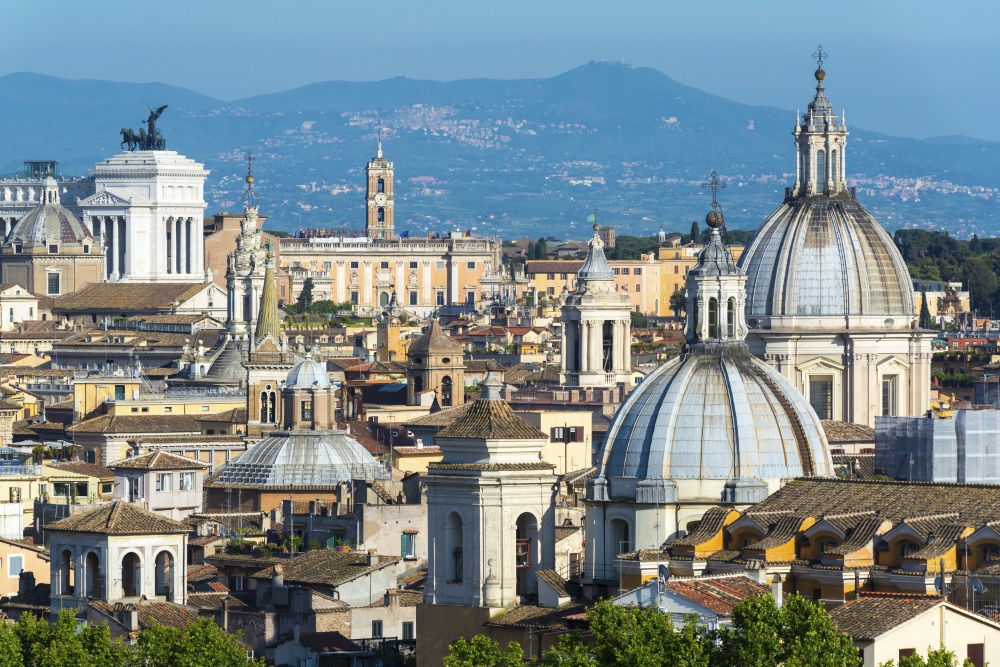
12. Be prepared
“Due to our experience with overseas buyers looking for a second home in Italy, purchasing a property in a 'foreign' country can be a thrilling, yet daunting adventure. Never give up your dream, because buying a house in a different nation may take much more time and attention than simply moving to another town. But thousands of foreign home-hunters have already succeed.
Investigate the local housing market. Get an idea of property prices in the area you'd like to buy. Prepared in advance to avoid any possible pitfalls.
Get your sums right. What can you afford? Compare that with the cost of buying a property, you might add renovation or extra fees for shared areas. Not to mention running costs. So better safe than sorry.
Samanta Crocetti, marketing specialist at Gate-Away.com, the Italian property portal solely devoted to international home buyers (www.gate-away.com)


13. Read testimonials
“Certainly, ensure that you do your homework. Use the internet, speak to people, ask for recommendations and read testimonials.
Consider fractional ownership. It is easy to forget the additional annual maintenance costs involved with owning a holiday home, especially given that even with the best intentions, the property is often left empty for long periods at a time, unused. Purchasing on a fractional basis, where you own a proportion of a property, which gives you a set usage period annually, provides the perfect solution as the property is managed for you, therefore giving dream ownership without the worry.”

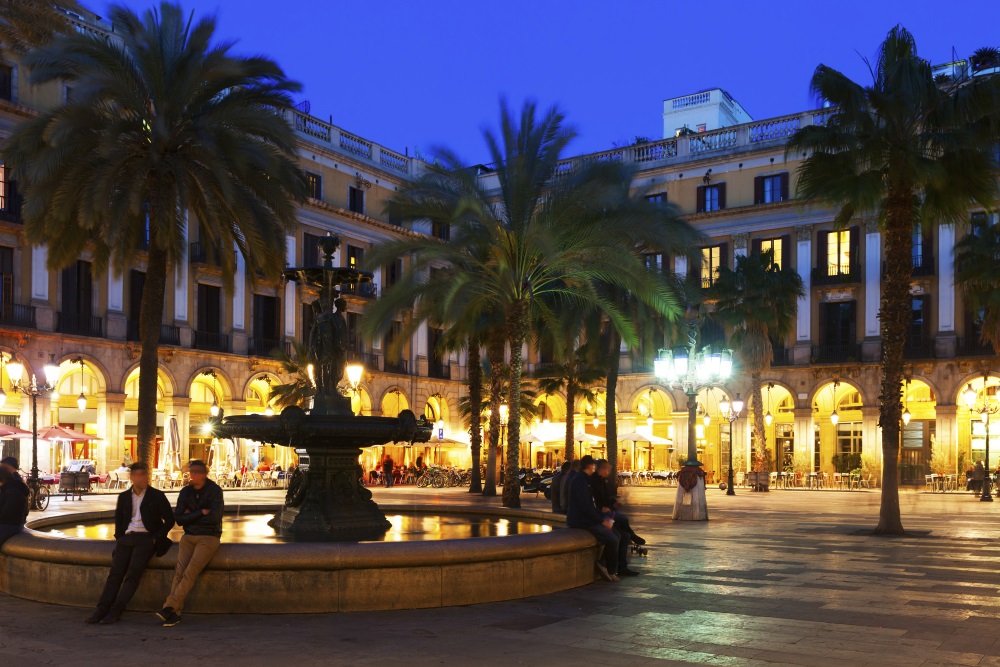
14. If it sounds too good to be true...
"Research, research, research! Do as much background reading on the area, the market, property prices and market trends as possible. The internet is awash with useful information, so take your time and ensure you are well informed before embarking on the process.
Find a reputable estate agent to assist with your purchase. Make sure they speak your language, that they fully understand your requirements and that they don’t waste time showing properties or areas that don’t match your brief.
Find yourself a good lawyer to represent you in the purchase – and if possible agree the fees up front. Don’t rely on the agent to put together contracts and handle the conveyancing.
Ensure that you fully understand all the costs, taxes and fees involved with the purchase. It can impact hugely on your potential budget. Always instruct a surveyor to carry out a survey to ensure that there are no structural or planning issues with the property.
Take your time. Don’t rush into the first deal presented to you. If it sounds too good to be true, there is a good chance it is. Take a step back and get a second opinion.
If you need a mortgage, try to get pre-approval from the bank before you embark on the buying process. This can save time. Get a clear understanding of the ongoing running costs and annual taxes on your property. Don’t overstretch yourself.
To purchase in Spain you will need a Spanish bank account and an NIE number. Try to arrange these while visiting the area, as it is much harder to do from abroad.
Enjoy the experience. Hunting for your dream house in your dream location, should be a fun and rewarding experience”

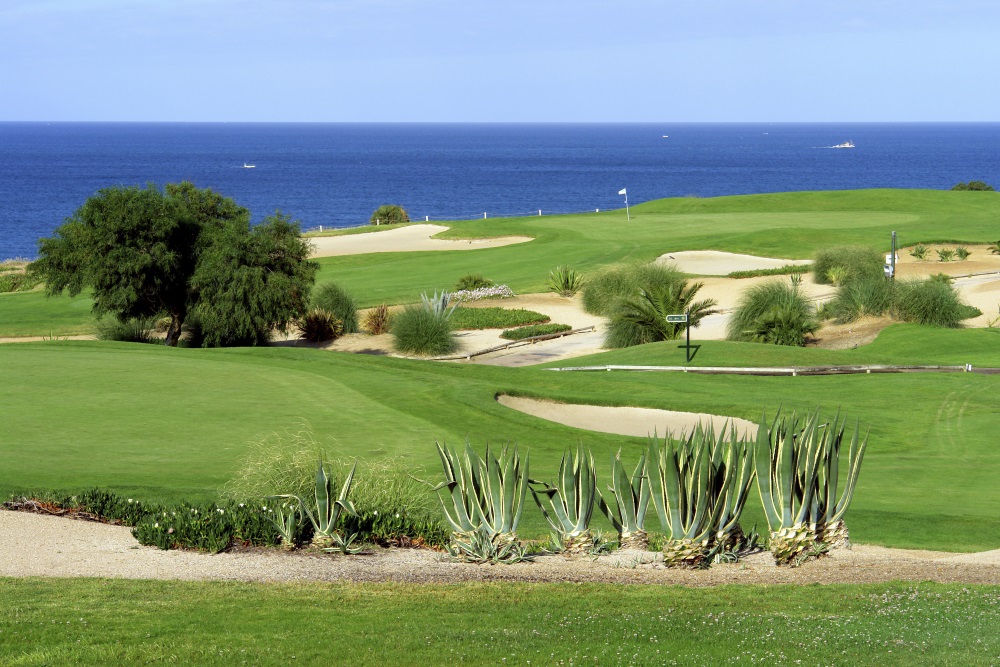
15. Rental home or permanent home?
“Many buyers set out to buy a holiday home as an investment property, then end up choosing one that they would like to live in. Of course, that’s fine if the plan is for the purchaser to one day move there, but those looking for holiday rentals purely as a means of income generation need to be a little more hard-hearted in their outlook. There are five tips to help buyers to profit from their holiday rental property.
Lock in the location
Firstly, as with everything in the property world, it’s all about location. Holidaymakers want somewhere that is easy to reach from the airport, that has a swimming pool and that is near a beach. In the Algarve, a nearby golf course is also a must. Additionally, local facilities such as shops, restaurants and bars should be close, ideally within walking distance.
The Royal Cabanas Golf apartments in the eastern Algarve are a great example of such a property.
Buy bonus features
Once you’ve found a good location, look for the properties that stand out from the crowd due to their bonus features. It could be a hot tub in the garden, a particularly attractive roof terrace or a stunning sea view. Whatever catches your eye, will be sure to catch the attention of holidaymakers searching online for the perfect rental property.
Remember your returns
Think about the kind of yield you need from your rental property and keep that firmly in mind when viewing potential accommodation. The Algarve is a tourist mecca, with some 15.5 million overnight stays from January to October 2014 according to the National Statistics Institute (INE), up 11.2 per cent on the year before.
Even in the most popular areas, two bedroom apartments can be found for as little as €120,000, with three bedrooms from around €130,000, with communal pool and views of Silves Castle, priced at €129,000.
Yields of up to 10 per cent are possible with the right property, making the Algarve an exciting destination for those looking for a holiday rental investment property.
Perfect that paperwork
Every country has its own rules and regulations on rental properties. In Portugal, your income from the property is taxable even if you own and manage it from abroad. You also need to have certain licences in place before you can legally rent out the accommodation that you have invested in. Buying through a reputable agency such as Ideal Homes Portugal, means that you can gain an understanding of your obligations as part of the purchase process, rather than discovering them later.
Take a test drive
Perhaps the most enjoyable step in the process. Buyers should test out their new investment for themselves and view it through the eyes of holidaymakers. What are its outstanding features, how close are the best restaurants and what does the kitchen need to be equipped with? Discovering these items will help the buyer to ensure that he/she has relevant information to hand, when it comes to promoting the property as a holiday destination.”

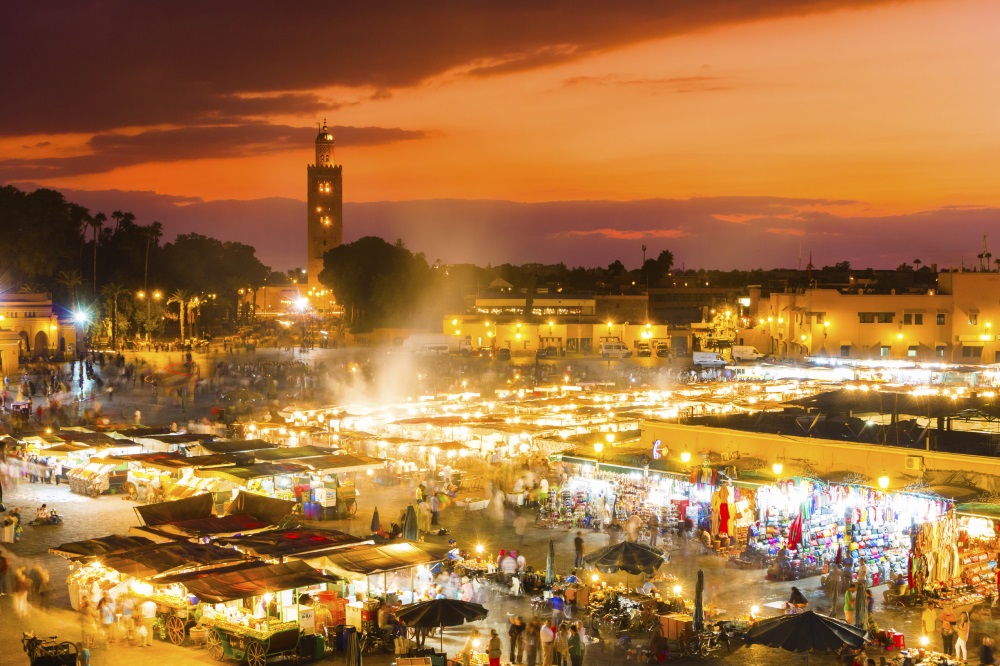
16. Build relationships
“Firstly, get to know the developer personally as this will give you a real insight into the development. It will also mean that you are likely to be kept fully updated throughout the process with regards to completion dates etc.
Secondly, it is essential to make sure that you conduct proper due diligence. At L’Amandier we provide detailed information to all of our clients and ensure that they use lawyers who understand the local legal system and can guide them clearly through the purchase process. This ensures that the experience remains as stress-free and straight-forward as possible.”


17. Buy the best
“As in the UK there will always be demand for property in prime locations abroad. Whether it is close to the sea or near an attractive old town, it is important to always buy in the best location that your budget will allow to make for the best investment.
When buying off-plan from a developer, always check their references or ideally ask to view some of their previous developments to see the quality of building and finish.”


18. Avoid long airport transfers
“Choose somewhere that is easily accessible. You want to be able to reach your property without having to spend days travelling with long airport transfers. The Abama Resort is located just a half hour drive from the airport, where flights arrive regularly from the UK.
Value for money is also an important point to consider. Where possible, try to make sure that your purchase will deliver a regular rental yield or has the potential for capital growth.”


19. Use your head and your heart
“I advise those buying real estate abroad to use the eyes (a visually appealing property), the heart (a property that resonates and you will enjoy), and the brain (approach analytically rather than on a whim).
Do your research - being an informed buyer not only reduces the stress of the acquisition process, but also improves on the probabilities of success.
The wise buyer should also consider the organisational framework of the market in question. Check land-registry systems are up-to-date and the property complies with local planning rules.”


20. What is your exit strategy?
“There are plenty of ways of dealing with a property from an investment point of view, ranging from buying a property, and do it yourself, through to a completely hands off investment.
Start with the exit strategy. How easy will it be to sell the property should you need to? How easy is it to get your money out of the country? If you are looking at capital growth, then this will only materialise when you actually sell, rather than any theoretical paper profit. If you can’t see it, then you haven’t made a capital appreciation.
Think about the property. Why would people want to rent it? Why would people want to buy it from you? The reasons will tell you whether the property is likely to be a good investment.
If you are renting out to holiday lets, then you need to be near what holiday makers want. If this is purely for an investment, you need to identify what other people want rather than what you want: within an hour of the airport, near the sea / major city, local attractions (theme parks, restaurants etc.) and good infrastructure in terms of travel.”


21. And one for luck – stick to your budget
“Identify your requirements when buying abroad. As a prospective buyer, you should use a licensed, unbiased agent that can work with you to achieve your objectives. There are different reasons why you are looking, they could be, retirement, relocation, holiday home or investment.
The number one tip for buying abroad is to choose a company that you can work with to achieve your specific requirement. It is essential to meet the person who will be working for you.
You should trust the experience of your agent to identify what properties are available for your specific budget and reason for the purchase. The agent should have access to all properties for sale in Cyprus and be able to compile a shortlist once you have a selected area to buy. Visiting multiple Agents is time consuming and unnecessary. If you build a rapport with a good agent - stick with them. Otherwise, you'll find yourself duplicating viewings. Don't be pressurised to buy - we have clients that have been with us for over five years before committing to purchase.

Stuart was the Telegraph's Property Editor for five years, where he transformed their online platforms. Now he is an editor, writer and digital strategist for Everything Overseas. He specialises in places, prices and properties in the world of real estate. He is also a director of Everything Overseas, overseeing the direction of the channel.
More articles by Stuart Penney | View all our authors
Or you can read more about your chosen country:
